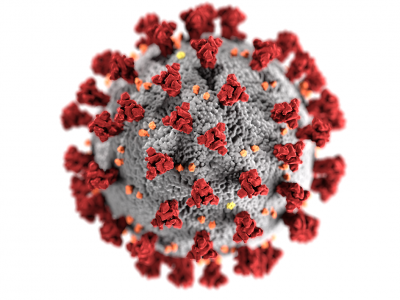New Collaborations Between K‐12 and Title VI Language Resource Centers During COVID‐19

New Collaborations Between K‐12 and Title VI Language Resource Centers During COVID‐19
by Edna Andrews, Duke University, and Kate Burkett, District of Columbia Public Schools
The past 18 months of the pandemic have presented unprecedented challenges across most of our institutions and communities. One community that was particularly hard hit was education. With the suspension of in‐person teaching in most of our K‐12 schools and many college and universities during this period, both students and teachers found themselves in uncharted territory. The good news is the agility with which most of our educational institutions were able to shift to online and hybrid teaching and learning. However, not all forms of teaching and learning lend themselves as easily to online formats as others. It may be one thing to have online lectures in physical chemistry with extensive use of slides, but it is another thing to teach languages and music without real time, face‐to‐face interactions. This challenge was addressed in IFLE's August 2020 newsletter article, "New Research on Remote Teaching and Learning from Title VI Language Resource Center."
The Washington DC Public Schools (DCPS) World Language Department certainly noticed the challenges of creating meaningful face‐to‐face interactions in the virtual space. Many of the enriching experiences that language learners can hope to have during a typical course of study — engaging in interpersonal communication daily and speaking with members outside of their classroom community in the target language — were simply more difficult in the virtual space. One of the positive experiences that emerged in the past year to address some of these challenges was a new collaboration between DCPS and the Duke Slavic and Eurasian Language Resource Center (SEELRC), a Title VI Language Resource Center. Through this partnership, facilitated by IFLE, SEELRC was able to host two different virtual series of faculty‐student interactions with DCPS World Language classrooms in three languages — French, Italian and Spanish. Duke professors Liliana Paredes, Luciana Fellin, and Sandra Valnes Quammen facilitated multiple interactive sessions with introductory‐level DCPS language classes on a range of topics vital in the language classroom. Between the fall and spring semesters, Duke professors visited 10 DCPS classes. As a result, most participating DCPS students expressed increased confidence communicating in their language of study. Students also expressed a deeper understanding about the importance of learning another language and they gained confidence in their ability to take a foreign language in college. Participating DCPS teachers Valérie Duruz (Ballou SHS), Latrice Nelson‐Henry (H.D. Woodson SHS), and Elisa Marchi (Columbia Heights Education Campus) planned the sessions carefully with the professors from Duke University, and cited the virtual sessions as a wonderful professional development opportunity.
As the coordinators of this new virtual instruction program, we are excited about the ongoing collaboration between the two communities and across languages and cultures. We also look forward to expanding the collaboration during the SEELRC Summer Institute (July 29‐31, 2021) and reconnecting in person in the fall of 2021. Special thanks to the U.S. Department of Education for their support and facilitation of these important collaborations between universities and K‐12 public school systems.
